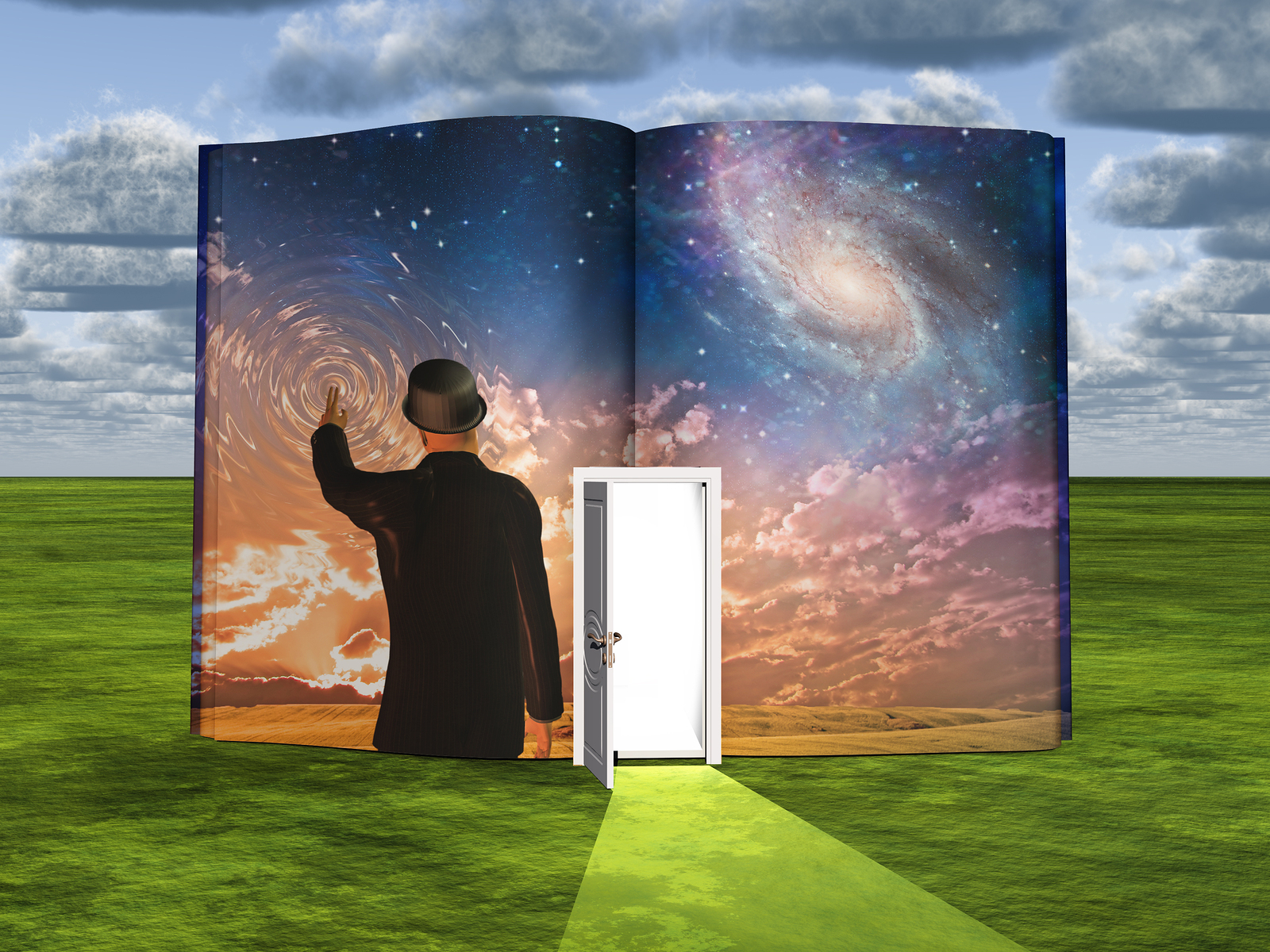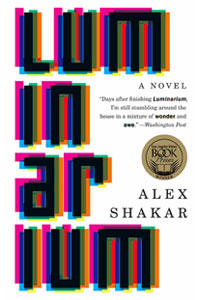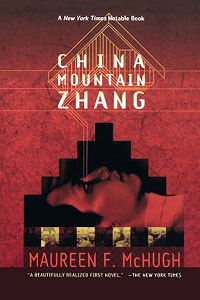Genre writers must do everything mainstream writers do, and more.

Novelist J. Robert Lennon wrote recently on Salon.com that young writers should avoid reading much contemporary literary fiction because most of it is terrible. (The essay, in fact, is headlined: "Most Contemporary Literary Fiction Is Terrible.") It's a well-argued piece, worth reading, but what really caught my attention was this passage:
But a fiction writer ought to engage with other parts of the culture, too. This includes reading outside one's genre — I happen to favor sci-fi and mystery, but I think it's fine for literary writers to read YA, romance, fantasy or whatever they please. Literary writers are in the privileged position of being permitted to raid any genre for tools to subvert and repurpose.
The emphasis there is mine, on a sentence I find troubling. I certainly support Lennon's contention that writers—all writers—should read widely, and read what they enjoy. What's problematic to me is that word privileged, as if writers of "literary" fiction inhabit in some class superior to writers of other genres, and they're the only ones permitted to reach down and rummage through the toolboxes of their inferiors, and then only for purposes of upending genre conventions.
This is a limited, and limiting, view of genre. It implies that no genre but literary fiction can amount to more than the sum of its tropes, and that the tropes of genre fiction are only useful to the literary writer insofar as they can be employed to ironic or postmodernist ends.
Both those implications are false. Central to Lennon's essay is the proposition that most of contemporary literary fiction is stuck in an insular, navel-gazing loop—in other words, that it continues to reinforce and perpetuate its own tropes. A few works might break out of that cycle and transcend it, but if we accept that most works in the category are stuck inside a constraining boundary of accepted elements, then we are defining literary fiction as a genre. And if any works in that genre are capable of transcending its limitations, then why can't works in any other genre do the same?
Editor Moshe Feder once described the processing of borrowing and lending between genres to me in terms of blood types. (He in turn had borrowed the metaphor from someone else, and I'm sorry I don't recall from whom.) He said that genres all have different capacities for giving and getting. At one end of the spectrum is the mystery genre, the Type O or universal donor of literature, which can lend its tropes to any other genre. At the other end is speculative fiction*, the Type AB or universal recipient, which can take in tools and techniques from all other genres. Arrayed between are all other genres, including romance, western, spy, crime, and, yes, literary, each of which can give and receive to a greater or lesser extent.
This is a useful and pleasing metaphor in some ways, but things are really more slippery and complicated than all that. I've always thought of the universe of fiction as a multidimensional spectrum, with all genres free to commingle and exchange their DNA. For every literary novel like Time's Arrow by Martin Amis that borrows fantasy tropes to ironic ends, there's one like Luminarium by Alex Shakar (last year's L.A. Times Book Prize winner for fiction) that imports science fictional tropes and treats them seriously and realistically. Likewise we have The Fifth Head of Cerberus by Gene Wolfe, China Mountain Zhang by Maureen F. McHugh, When We Were Real by William Barton, Spin by Robert Charles Wilson, and any number of other works of speculative fiction that borrow liberally from what we might call literary techniques to varied and stunning effect. (And need I even mention George Saunders these days?)
In fact, I like to take my spectrum one step further imagine something along the lines of Jorge Luis Borges's Library of Babel or Neil Gaiman's Dream Library—an infinite library containing all possible works of fiction. The portion of this library containing works set entirely within the world of our consensual reality would be vast, of course—but relative to the size of the library as a whole, it would be vanishingly tiny. A smaller portion of that tiny portion of the library would correspond roughly to what we think of as literary fiction. Everything outside of that? That would be what we think of as speculative fiction.
Viewed this way, speculative fiction becomes the superset of all possible fiction. What this implies is that for a writer of speculative fiction to work at the absolute top of his or her game, that writer must be able to employ all the tools, tropes, and techniques of all other genres of fiction. Far from inhabiting a literary ghetto, we really inhabit the outer sphere of all possible genres, encompassing everything else—or so we should aspire.
But even that view is too limiting and elitist. What I really want to say is that all writers should feel free to employ the most expansive palette they want. Artificial bookstore distinctions aside, good writing is good writing, and that should be the pursuit above all else for any writer. It's what the writers I like and admire the most have been doing all along.
Ultimately, we are all writers of speculative fiction.



